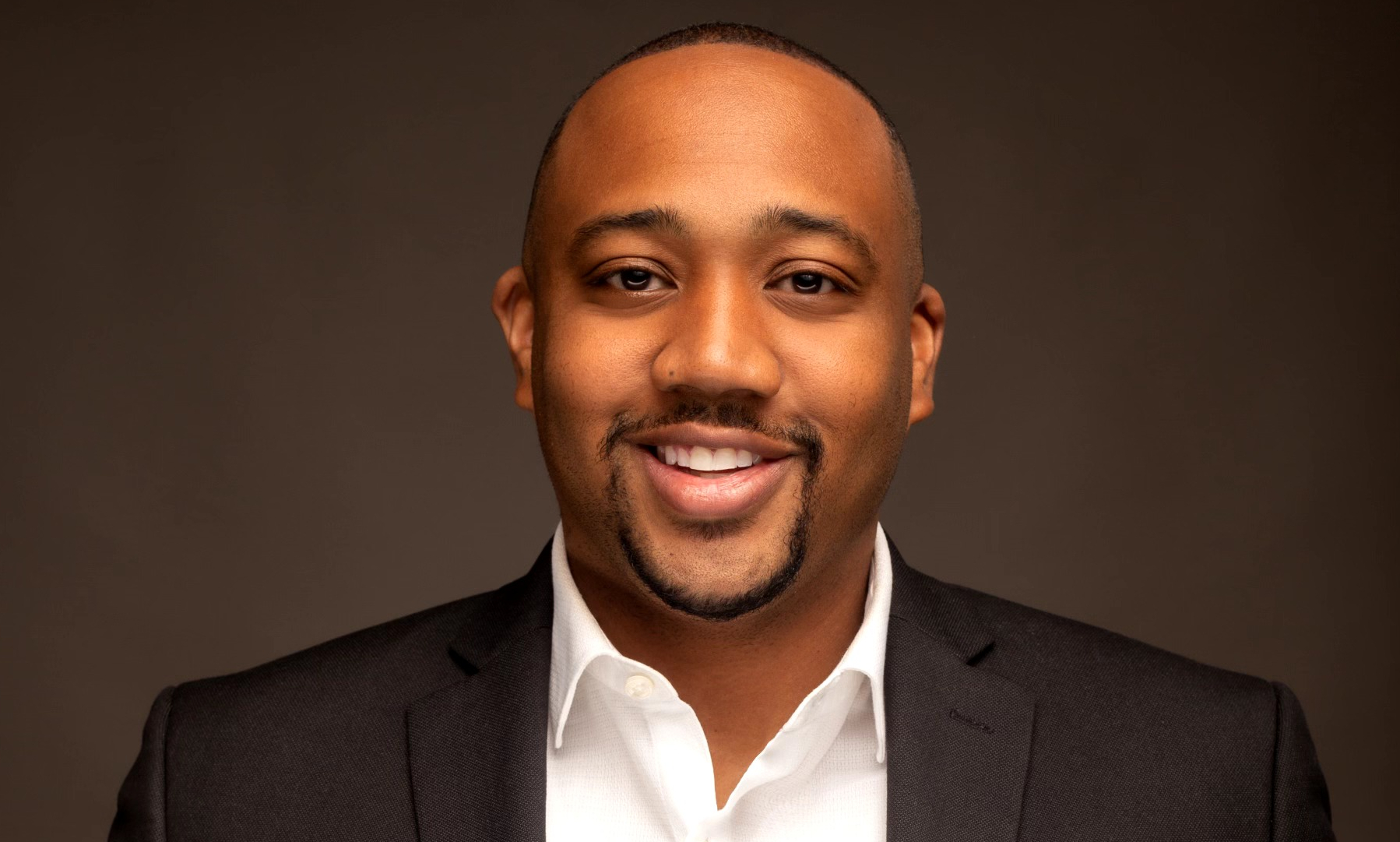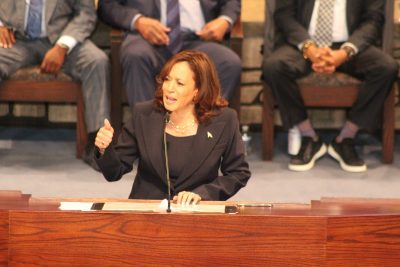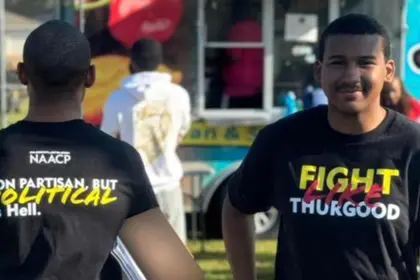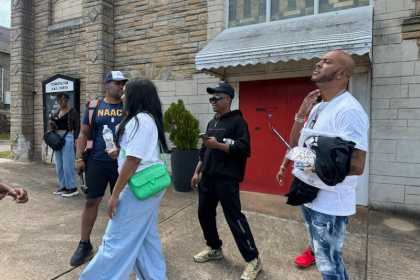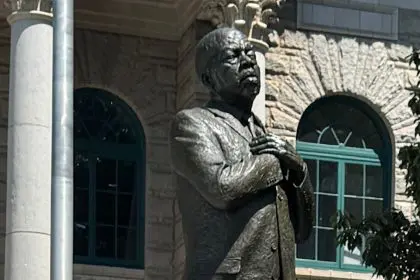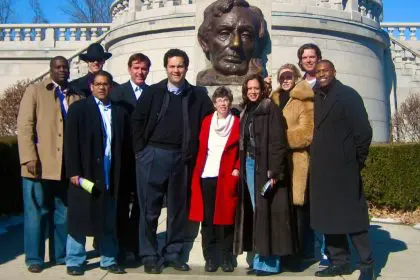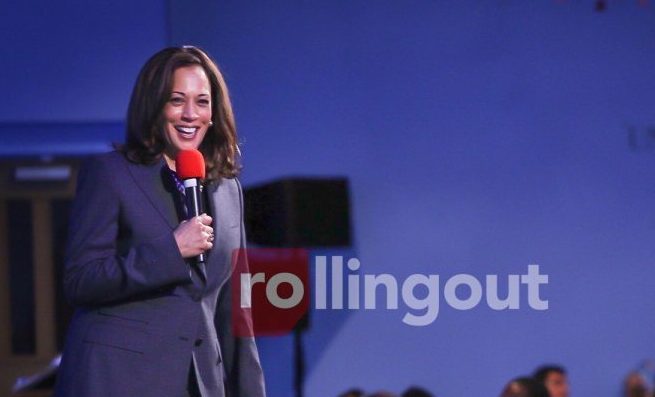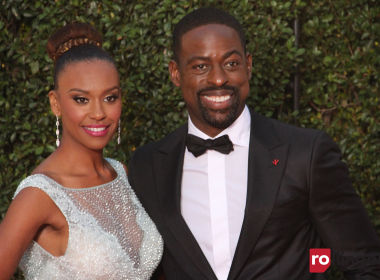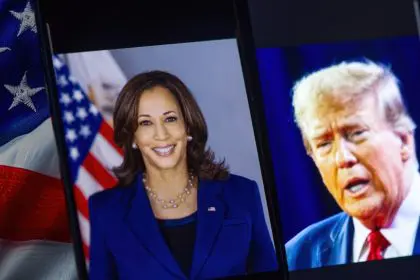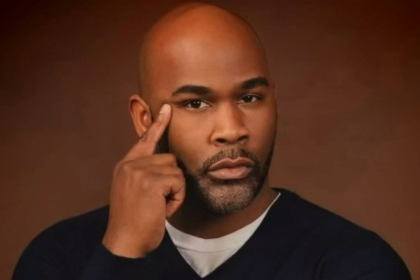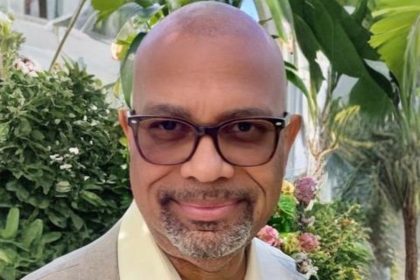Dontaye Carter, a Florida A&M graduate, is the Vice Chair for the NAACP’s Atlanta chapter, the regional director for the North Fulton Democratic Party and a former candidate for the mayor’s office in Sandy Springs, Ga., just north of Atlanta. A public affairs specialist and the author of this editorial, Carter is a husband, father and business owner.
— the editors
If Kamala Harris is to become the next President of the United States, Black men and Black women must come together in unity — just as we did for Barack Obama. Our community’s future depends on it.
The power of unity in Obama’s elections
Recently, I texted my wife to see if she caught Dr. Cheyenne Bryant on Cam Newton’s “Funky Friday Podcast.” She replied, “I was hesitant at first looking at the title, wondering if it was going to be a bashing on Black men, but it wasn’t the case.”
I was stuck on the fact that she thought about the impact that podcast could have on her perception of me. What she did wasn’t new, but it reminded me that I am seen, heard, and valued as a Black man in my home. Black men don’t always get that. Frankly, the misinformation from the media, the internet, and some of the “thought leaders” on this topic have created a divide.
When we reflect on the elections of President Obama, it’s clear that one of the keys to his victory was the overwhelming support from Black men and women who came together as a united front. In the 2008 election, 95% of Black women and 87% of Black men turned out to vote for Obama. In 2012, that trend continued with 96% of Black women and 87% of Black men voting for his re-election. We voted in record numbers because we believed that together we could make history. That same unity is needed now, more than ever, if Kamala Harris is to win the presidency.
The struggles we still face
According to BlackDemographics.com, in 2021, 85 percent of Black men were married to Black women and 93 percent of Black women were married to Black men. This doesn’t discount interracial marriages but proves that the foundation of the Black community is still family. The issues that we face impact the family. In 2020, when I hit the streets to protest, I witnessed Black families coming together and saying, “No more.” Our allies joined us after we united as a community and called for action.
However, a resounding question many Black men are asking now is, “What’s changed for me and for our community since then?” Typically, when these questions arise, they’re dismissed as if it’s a selfish topic, when overwhelmingly Black men are still being murdered by police, their right to vote is being chipped away in broad daylight, and economically our community is sinking fast.
According to the U.S. Census Bureau, the median Black household income is $51,374 compared to $80,404 in White households. Fewer of us can afford homes, quality food, and good therapists to help us cope with this blatant injustice in a healthy and sustainable way. It’s also why the suicide rate of Black men is three times that of Black women, and significantly higher than any other ethnic group.
Why we must come together again
I badly want there to be a Black woman president. I want my 6-year-old daughter to see that glass ceiling broken. I love everything that Black women have earned and celebrated under #BlackGirlMagic, but we can’t leave our Black men behind. And we do feel left behind. Our families are struggling because of a system that continues to put its foot on our necks with the attacks such as the war between Black men and women designed to divide us. The reality is, if we hated each other that much, we wouldn’t be marrying one another at such high levels. Furthermore, you will never hear White men’s decision to not vote ever be discussed, or a comparison of how White men vote versus White women, or any other group for that matter.
The reality is Black men are the second strongest voting bloc in the Democratic Party. We’ve shown up time and time again, and until the election cycle comes, we’re an invisible group. What Black men are asking – no, begging for — is to not be left behind. Not for our sake, but for our community’s sake.
Call to action: voting as a united front
Our unity in 2008 and 2012 was so powerful — it showed what we could achieve together. Now, that same unity is essential for 2024. We must come together as a community, just as we did for Obama. We must organize, educate ourselves and others, and ensure that every eligible voter in our community is registered and ready to vote. We must support one another, lift each other up, and recognize that our strength lies in our unity. It’s time to hit the streets again, not just in protest but in a show of solidarity at the polls.
When I mentioned my wife’s comment, I failed to mention that I never asked her to consider me when she listens to podcasts or interviews. But the fact that she was aware lifted a little bit of this heavy world off my shoulders. Imagine what we could carry or do if we could take a moment to see each other through a similar lens.
This election isn’t just about making history with the first Black woman president; it’s about ensuring that our community’s voice is heard, our concerns are addressed, and we continue to build a future where our families can thrive. Let’s come together and make sure that we’re not just seen and heard, but that we’re valued and empowered. Our vote is our voice — let’s make sure it counts.

